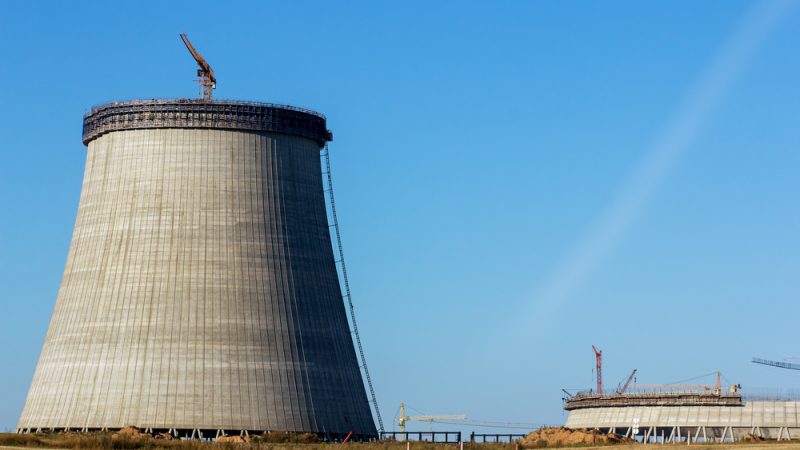
“It will be very difficult to find banks to finance the project,” Valentin Kolev, energy expert and a member of the American Association of Energy Engineers told Euractiv. “If we assume that we will produce 15 terawatt-hours per year, in 20 years of operation, it makes 300 terawatt hours. At a price of €17.6 billion for the two reactors, a price of close to €60/MWh would result, but this is only the investment. Fuel costs and much more are not included. The price cannot be below €100-125.”
Energy Minister Rumen Radev said that the electricity from the new Kozloduy NPP reactors will cost €65/MWh.
Bulgaria will build the two nuclear reactors with loans, and only 30% of the construction costs will be financed with money from the state budget, according to an investigation by Euractiv.
At the end of last year, Bulgarian Prime Minister Nikolai Denkov told Euractiv that Greece, Serbia, and North Macedonia were interested in signing long-term contracts for the purchase of electricity from the future seventh and eighth units of the Kozloduy NPP. However, Bulgaria has not been able to attract the three neighbouring countries as investors.
European companies also showed no interest in building the new plant, with the Bulgarian parliament voting to open negotiations with the Korean company Hyundai. The nuclear reactors will be based on the AR-1000 technology of the American company Westinghouse.
Bulgarian Energy Minister Rumen Radev sets the final price for the new reactors at €13 billion, but most experts claim that the price will exceed €17.5 billion.
Kolev recalled the HSBC investment study for the abandoned Belene nuclear power plant project, set to comprise two Russian reactors. This study calculated the cost of electricity at €75/MWh, which led the government to abandon the project as the return on investment would not be high enough.
“For now, it is not clear how the new nuclear plants will be paid for,” Neykov commented.
Another Bulgarian energy expert – Georgi Stefanov – also expressed fears billions of euro might be spent from the state budget, but in the end, nothing would be built.
“The construction of a power plant should be looked at like this: How much money do we need, how much money will we earn, and then how much money will we pay for the disposal when the NPP is closed, and for the maintenance of the nuclear waste?” Stefanov said.
If all goes according to plan, the new seventh unit of the Kozloduy NPP should be ready by 2033-2035, and the eighth unit ready a little later.
Despite the doubts about the economic viability of the project, Kolev notes that by 2047, when the fifth and sixth units of the Kozloduy NPP will be decommissioned, Bulgaria will have to get back to a baseline level of energy production. Even earlier, by 2035 or 2038, the coal-fired thermal power plants will be shut down, as they cannot operate at a cost price of €150 per megawatt-hour.
However, according to Slavcho Neykov, the market is undergoing a complete change in its energy consumption.
“Many things are changing. More and more businesses and domestic consumers will rely on their own electricity generation. Batteries for electricity storage are also entering the market, where the changes are in geometric progression,” he said.